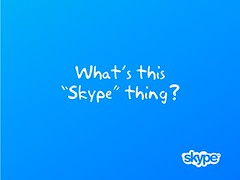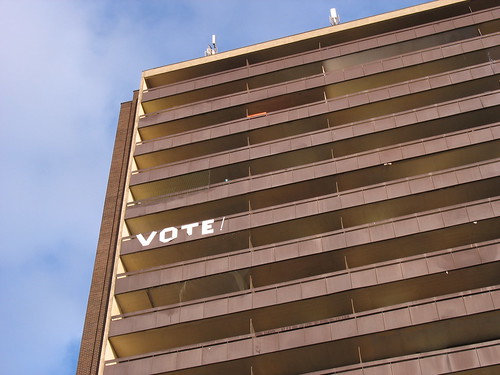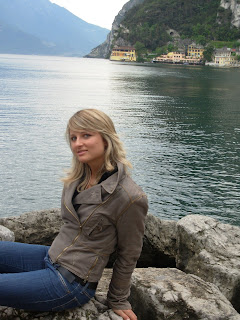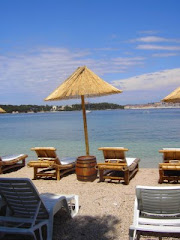
Hi guys,
Unfortunately our exchange is over!!! I really appreciated the way in which our lessons were organized this last semester and I feel saying that to enter its culture, too, Is the best way to learn a language. I have already commented in class my experience with Skype so that here I summarise in brief what has the exchange given to me in terms of feeling, knowledge and language improvements.
As far as feelings are concerned, I was very curious at the beginning of the exchange and I was looking forward to speaking with the American peer. Our first conversation was about immigration in
There were no particular moments in which I felt uncomfortable. I appreciated the way in which we started our exchange giving a brief presentation of each other. The presentation gave me the opportunity to make me explain my origins and the reasons for being in
Unfortunately the time to be spent on our exchange was rather brief so that I have not learnt so many things about my peer's culture and about the
I did not experience any sort of incidents or particular problems over the exchange because my Italian peers and I were sharing almost similar ideas with our Spanish interlocutor.
Once, when we were talking about the way students were assigned a room and a roomate within the campus I was not able to understand how that was happening at
As regards the American culture, I was interested in knowing how the many ethnic communities such as the Mexicans or the Asians, live in the
When discussing about immigration with my American peer, I asked her how were the different cultural groups seen in the
As far as our exchange is concerned, I did not encounter particular reactions to what I was saying or regarding the way I was expressing myself.
It was quite easy to engage in conversation with our peer because we established a friendly environment and this helped me to feel at ease.






